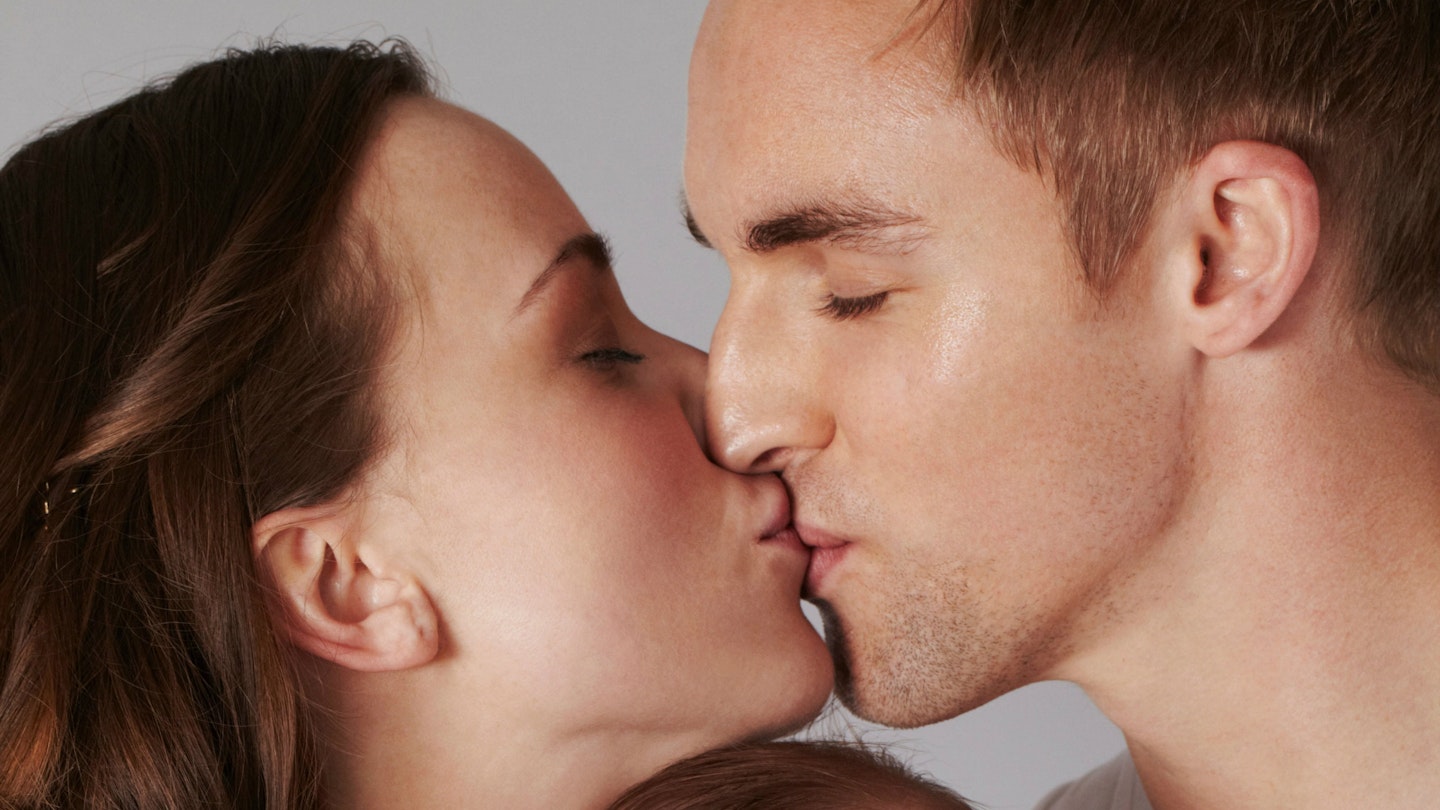New mums might find reconnecting with their partner has shifted down the list of their priorities after they’ve given birth – but would having emergency contraception stashed away at home give better peace of mind when it comes to rekindling your post-baby sex life?
That’s what we’re asking ourselves after new NHS guidelines called for better provision of the morning-after pill and other contraceptives to prevent unwanted pregnancies in under-25s, which could affect parents who don’t want another baby so soon after their newborn.
The recommended guidelines put forward by the National Institute for Health and Care Excellence (NICE) also suggested midwifes discuss with expectant mums the types of contraception they are planning to use after their pregnancy.
‘[Midwives] should provide information on the full range of options and should advise them (and their partners, if appropriate) on an effective method that best meets their needs,’ NICE states.
‘They should also provide information on how and where to obtain it.’
Another suggestion is to give suitably qualified nurses and pharmacists the right to dispense free morning-after pills to couples who are concerned about becoming pregnant, and to encourage healthcare workers to emphasise the advantages of long-term contraceptives, such as the coil or implant.
New mums can often be given contradictory information on their post-baby fertility
Anne Weyman OBE, chair of the committee that developed the guidance, said, ‘Investing in contraceptive services is a good use of money.
‘Not only could modest investment have health benefits for young people, it could also potentially result in reduced financial cost in the longer term.’
New mums can often be given contradictory information on their post-baby fertility, with many mistakenly believing breastfeeding is an effective contraceptive by itself.
In fact, breastfeeding can only be used as a natural family planning method if your baby is exclusively breastfed for his first six months and you have not yet had your first post-pregnancy period.
It is possible to conceive before your periods restart even if you are exclusively breastfeeding, so it is vital to talk to your health visitor or GP about contraception if you don’t wish to become pregnant straight after having your baby.
What do you think – would you have the morning-after pill stashed away at home just in case? And is there enough information about post-pregnancy contraception out there to help you make an informed decision?
